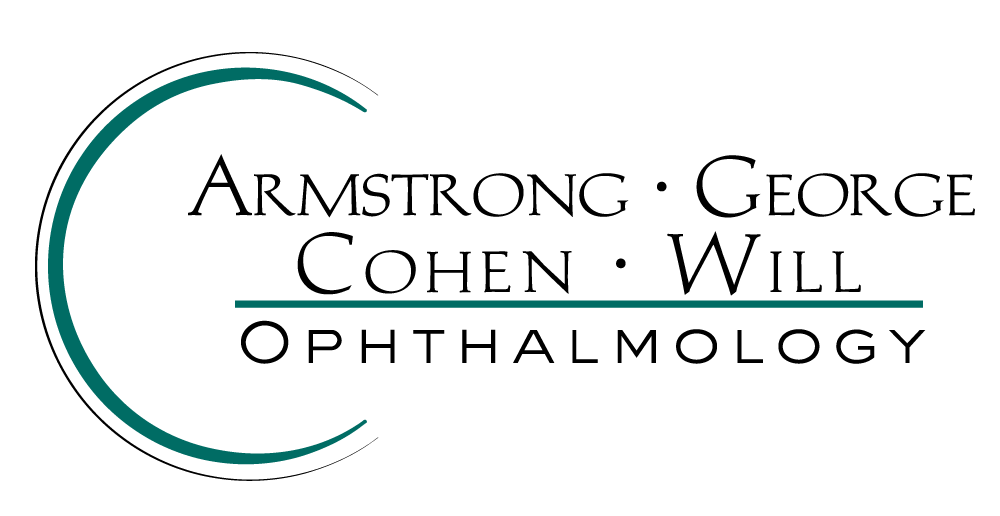Age-Related Macular Degeneration (AMD) affects central vision: the ability to read, see faces, drive, and discern small details, such as salt crystals in a shaker. There are two forms of AMD: dry and wet. While the dry form is far more common, the wet form can cause more severe vision loss. Although there currently is no cure for AMD, new treatments may slow its progression.
Dry Macular Degeneration consists of deposits in the macula, or central retina, called drusen. Although drusen can progress to a more severe AMD, the disease generally advances slowly.
In Wet Macular Degeneration, new blood vessels grow and bleed under the retina, lifting it up like the roots of a tree beneath a sidewalk. Vision loss can be sudden and significant.
Risk Factors
AMD risk factors include smoking, family history, advancing age, and an elevated inflammatory protein in the blood. Cardiovascular conditions such as hypertension, obesity and high cholesterol also appear to be associated with AMD.
Significant exposure to sunlight may also increase risk, so eye doctors recommend wearing UV sunglasses and wide-brim hats while outdoors. In addition, a diet rich in fruits, vegetables, oily fish and antioxidants is advised. Ophthalmologists often recommend specialized over-the-counter eye vitamins, called AREDS formula, for their high-risk patients.
To screen for macular degeneration, regular dilated eye examinations are indicated. Patients found to be high-risk or showing early signs of AMD can then monitor changes in vision at home using an Amsler grid.
Treatment Options
There are no prescription drugs or surgical treatments for Dry AMD. Because the progression of the disease is generally slow, ophthalmologists recommend counseling in adaptive techniques by an optometrist specializing in low vision.
The newest and most promising treatment for Wet AMD is the intravitreal injection of drugs called Anti-VEGF (Vascular Endothelial Growth Factor) agents. The drugs, brand named Lucentis or Avastin, are injected into the numbed jelly of the eye to halt the abnormal growth of blood vessels.
Retina specialists have found that a carefully monitored regimen of anti-VEGF therapy may preserve sight or even reverse vision loss. Long-term monthly injection therapy with Lucentis offers a 95% success rate for vision stabilization, and up to 40% of individuals will experience vision improvement, which can be dramatic.
Dr. Daniel Will, the practice’s Retina Specialist, performs injections of Lucentis and Avastin. Injections are generally well-tolerated, and the safety profile of the drugs has been excellent.
It is rare to go completely blind from AMD. In fact, most AMD patients retain good peripheral vision and continue to live independently, assisted by a variety of low-vision adaptive aids.
To make an appointment with our Retina Specialist, call 215.672.9030 or make an appointment online.


